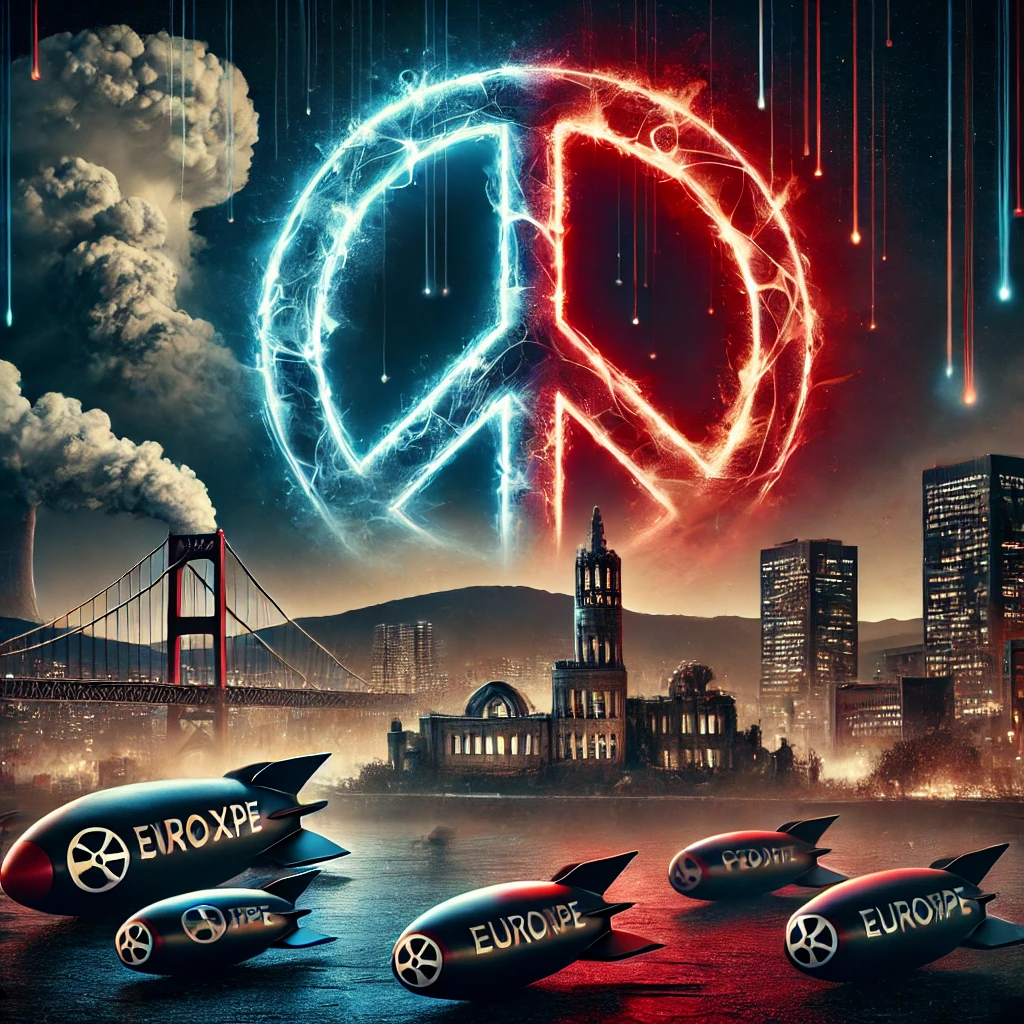The European Union’s competitiveness is at a critical juncture, as highlighted by a recently released report authored by Mario Draghi, former president of the European Central Bank. The report warns of a looming existential threat to Europe’s economic position on the global stage, urging immediate and substantial action to reverse the downward trend. To remain relevant in a rapidly changing world dominated by the United States and China, the EU must embark on an unprecedented spending spree, investing billions annually in crucial sectors such as technology and defence.
The Call for Massive Investment
Draghi’s report underscores the urgent need for the European Union to increase its public investment by nearly €800 billion ($884 billion) per year. This would amount to approximately 4.5% of the EU’s gross domestic product (GDP) – a staggering sum compared to the 1.5% of economic output invested under the Marshall Plan after World War II. The aim is clear: to restore the bloc’s competitive edge and secure its future prosperity. Without this massive financial injection, Draghi warns that the EU risks losing its “reason for being.”
Challenges to Europe’s Economic Model
The report arrives at a time when Europe is grappling with multiple crises that have dramatically altered the conditions for its economic success. The COVID-19 pandemic and Russia’s invasion of Ukraine have significantly disrupted the bloc’s economy. For instance, the EU can no longer rely on cheap Russian gas, leading to soaring energy prices that continue to affect European companies, which now pay two to three times more for electricity than their U.S. counterparts. Additionally, Europe’s dependence on external suppliers for critical materials further highlights its vulnerability.
Falling Behind the Global Giants
A central concern raised by Draghi is Europe’s declining competitiveness in key industries compared to the United States and China. Both nations are pouring billions into expanding their technology and green energy sectors, leaving Europe trailing behind. As the report notes, Europe is losing ground in areas like artificial intelligence (AI), with only four of the world’s top 50 tech firms hailing from the continent. Furthermore, nearly a third of Europe’s unicorns – companies valued at over $1 billion – have relocated their headquarters abroad, primarily to the U.S., further eroding Europe’s global standing.
Political and Financial Obstacles
Despite Draghi’s compelling arguments, the path to achieving the necessary investment is fraught with challenges. Critics, such as Armida van Rij from Chatham House, question how the EU will finance this ambitious spending plan, particularly given the strained economic situation in major member states like Germany. One controversial suggestion from Draghi is to issue more common debt, a proposal that remains divisive among EU countries. Without agreement on this and other financing strategies, the road to economic recovery may be difficult to navigate.
A Call for a Unified Industrial Strategy
To address its competitiveness crisis, Draghi’s report calls for a coordinated industrial strategy across the EU. This includes establishing a shared energy grid, joint military procurement, and advanced training programmes for the workforce. With about a quarter of European companies reporting difficulties in finding skilled workers, particularly at the managerial level, such initiatives are seen as crucial. The report also emphasises the need to diversify trade agreements and reduce the bloc’s dependence on a few suppliers, notably China, for essential raw materials.
Political Divisions and the Path Forward
However, political obstacles pose a significant threat to Draghi’s recommendations. Far-right parties, hostile to further EU integration and centralised decision-making, are gaining influence in several member states, complicating the ability to achieve unanimous consent on policies that require collective action. Germany and France, the EU’s biggest economies, are also facing political divisions, further stalling efforts to finance a long-term investment programme.
The report leaves Europe with a stark choice: either act decisively or risk being overshadowed by its global competitors. Whether the EU can overcome its internal divisions and address its economic decline remains an open question.






